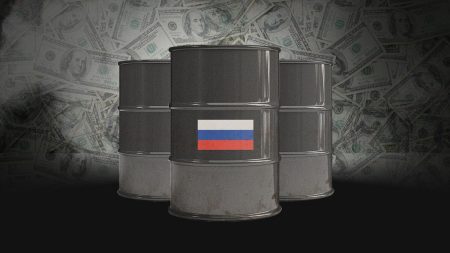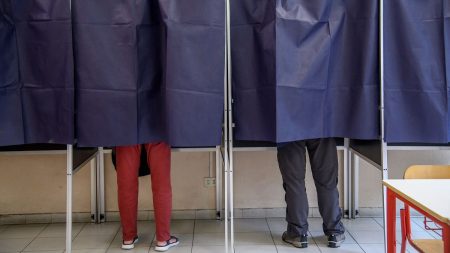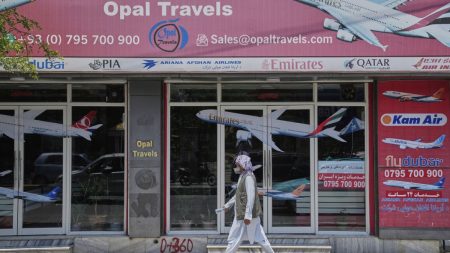France has been a staunch opponent of the free trade agreement between the European Union (EU) and five South American nations—Brazil, Argentina, Paraguay, Uruguay, and Bolivia—collectively known as Mercosur. This controversial trade deal, which has been in negotiation for decades, aims to eliminate tariffs on nearly all products traded between the two blocs, potentially forming one of the world’s largest free trade areas, encompassing about 750 million people and accounting for roughly one-fifth of the global economy. For Europe, this agreement opens doors for exporting automobiles, machinery, pharmaceuticals, and fine foods, while allowing imports of car parts and agricultural goods from South America at lower prices. Despite the potential economic benefits, hundreds of farmers across France and other European countries have expressed deep concerns through protests, fearing that the treaty threatens their livelihoods and the integrity of the agricultural sector.
Farmers, particularly in France, argue that the Mercosur treaty could expose them to unfair competition due to differences in food production regulations. Many European farmers are bound by strict rules regarding environmental sustainability and animal welfare, while their South American counterparts often face significantly fewer restrictions. Stéphane Joandel, a French dairy farmer and leader of a farmers’ union, underscored this point by emphasizing that it would be unjust to force European farmers to adhere to high standards while allowing imports from countries that may not meet the same stringent criteria. Furthermore, farmers are advocating for the introduction of “mirror clauses,” which would mandate that imported products comply with EU regulations. Despite assurances from the European Commission regarding compliance measures, skepticism remains, particularly concerning Brazil’s ability to prevent the export of products that violate EU health and safety standards.
The economic implications of the Mercosur treaty highlight a complex landscape of winners and losers. Economists such as Charlotte Emlinger note that industries like automobiles, pharmaceuticals, and textile manufacturing stand to benefit significantly from reduced tariffs, as do producers of French wine and cheese. Conversely, sectors like beef and poultry are projected to struggle under the price competition introduced by imported goods. Although the agreement would allow a limited volume of beef imports—approximately 99,000 tonnes, which constitutes only about 1.2% of European beef consumption—farmers feel that this might exacerbate existing vulnerabilities in their fragile sector, which has recently contended with challenges such as disease outbreaks and adverse weather conditions. Emlinger argues that the farmers’ protests are a reaction to deeper systemic issues rather than a direct consequence of the Mercosur agreement itself.
The debate surrounding the Mercosur agreement has not only polarized farming communities but also the political landscape within Europe. While France, along with Poland, Austria, and the Netherlands, has taken a firm stance against the agreement, it contrasts sharply with the support it has garnered from major EU economies, including Germany, Portugal, and Spain. Spain’s Agriculture Minister, Luis Planas Puchades, has pointed out the necessity for the EU to engage with global trade as a means of maintaining its influence, particularly in light of shifting geopolitical realities. Ursula von der Leyen, President of the European Commission, has similarly expressed her endorsement of the treaty, labeling it as vital from both economic and strategic perspectives.
Despite its robust opposition, France’s capacity to block the Mercosur deal hinges on rallying the support of at least three other EU member states representing a minimum of 35% of the bloc’s population. So far, Poland is the only other major country aligning with France’s resistance, necessitating the addition of two more populous nations to secure a blocking minority. In a bid to garner more allies, France has reached out to countries such as Italy and Romania, attempting to solidify a coalition that could effectively impede the agreement.
Looking ahead, the upcoming Mercosur summit scheduled for December 5 and 6 in Uruguay presents a pivotal moment for the potential signing of the trade agreement. Should the EU and Mercosur finalize the document, it will initiate a lengthy process for implementing the new rules, which could extend over several months, if not years. The outcomes of this summit will be crucial not only for the economic landscape of both regions but also for the broader discourse on trade, agricultural standards, and environmental regulations, as the intersection of these issues continues to spark intense debate and differing viewpoints within Europe and beyond.










